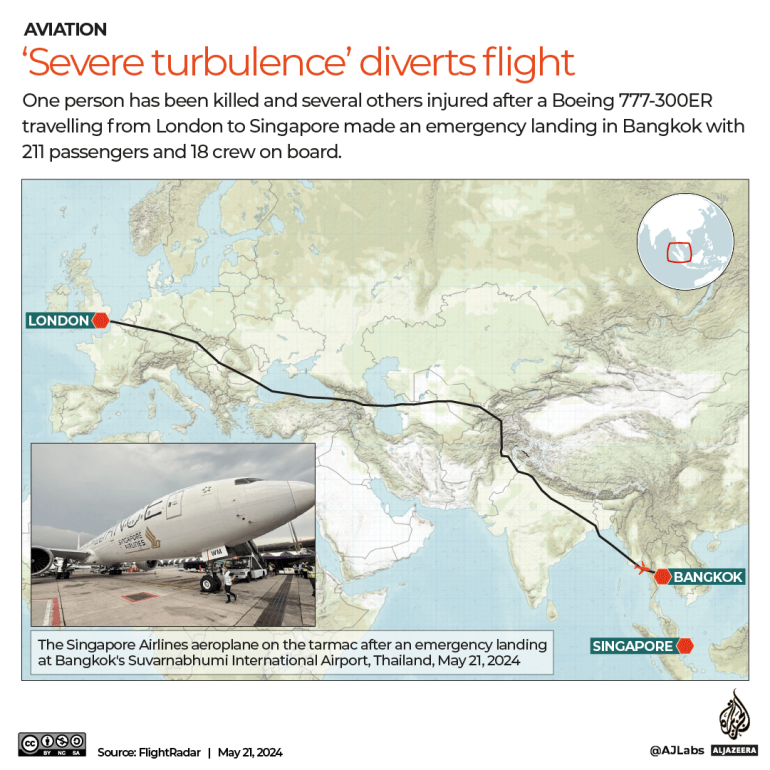Singapore Changi Airport handled 68.3 million passenger movements in 2019, a year-on-year increase of 4.0%. Aircraft movements dipped 1.0% to 382,000 landings and takeoffs for the year, while airfreight throughput fell 6.5% to 2.01 million tonnes for 2019.
In 2019, all regions registered passenger traffic growth, with the largest gain for the Americas (+20%). Eight of Changi Airport’s top 10 markets saw an increase in passenger movements with Hong Kong (-7%) and Thailand (< -1%) weaker compared to 2018. Among Changi’s top 20 markets, Germany, Japan, Korea, New Zealand and the United States all recorded double-digit growth. There was little change in Changi Airport’s busiest routes for the year, with Kuala Lumpur remaining at the top. Denpasar (Bali) and Taipei each moved up one notch, to fifth and eighth respectively.
With the slowdown in world trade for the year, all cargo flows (exports, imports and transhipments) weakened. The top five markets for airfreight were China, Australia, Hong Kong, the United States and India.
For the month of December 2019, Changi registered 6.41 million passenger movements (+4.7%). The busiest day of the year was 20 December 2019 – the Friday before Christmas – with 226,692 passengers passing through Changi’s terminals. For the month, aircraft movements were stable at 33,300, while airfreight throughput fell 3.8% to 175,000 tonnes.
New airlines and destinations
Three new passenger city links were established for the year, to Busan, Hefei and Xuzhou. Changi Airport also welcomed seven new passenger airlines – AirAsia X Berhad, Chongqing Airlines, GoAir, Jeju Air, Juneyao Airlines, Urumqi Air and Vistara, and new freighter operations from Etihad Airways and Qatar Airways.
Changi’s connectivity to the United States reached new highs in 2019, with six city links and about 70 weekly passenger services, of which 45 are non-stop services. This includes Singapore Airlines’ latest direct service to Seattle, the fourth non-stop point to United States from Singapore (in addition to Newark, Los Angeles and San Francisco).
Strengthening partnerships
To promote travel and trade between Singapore and Busan, Changi Airport Group (CAG) signed a six-party Memorandum of Understanding with Busan Metropolitan City (BMC), Korea Airports Corporation (KAC), Eastar Jet, Jeju Air and SilkAir in June 2019. With Busan as Singapore’s second link to South Korea, the capacity between the two countries has increased – from 59 weekly services previously, to 67 today. This has also brought greater convenience for passengers travelling between the two countries.
Fly-cruise is a fast-growing passenger segment in Singapore, with cruise sailings and passenger numbers rising steadily in recent years. To generate higher traffic for long-term growth in this segment, CAG entered into a new five-year multimillion-dollar marketing partnership with Royal Caribbean International and the Singapore Tourism Board. This partnership is expected to bring in 623,000 international fly-cruise overseas guests from end-2019 to 2024.
To strive for excellence in perishable handling, CAG has formed the first airport community in Southeast Asia to pursue the IATA CEIV Fresh certification. The enhancement of the community’s perishables handling capabilities will instill greater confidence in shippers to use Changi Airport as a preferred hub for their time and temperature-sensitive shipments.









